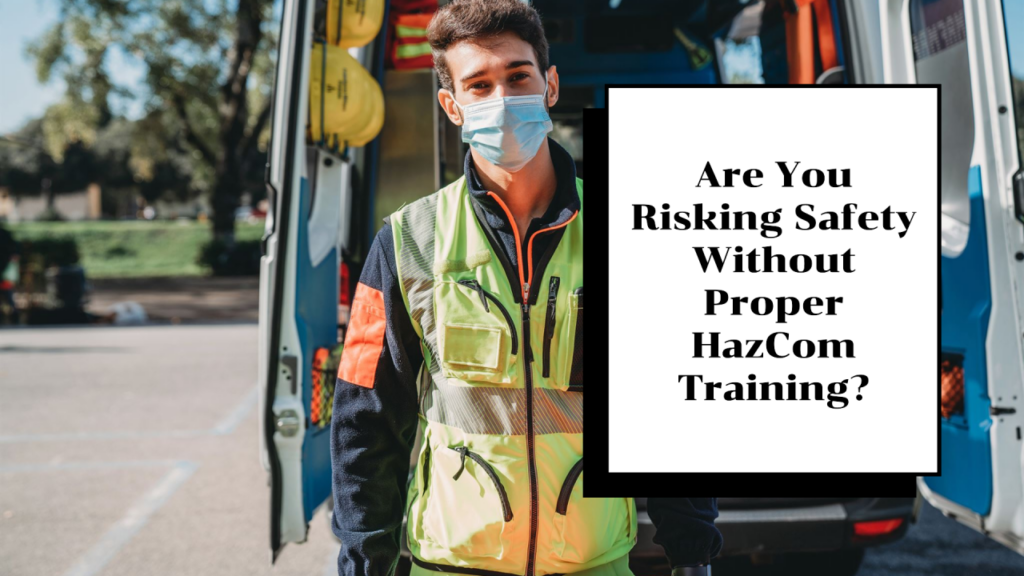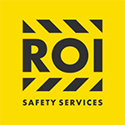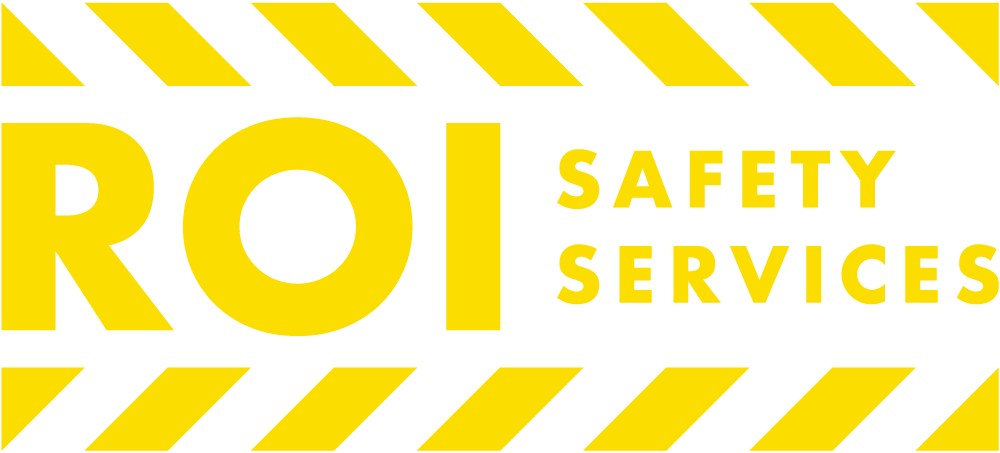
Hazard Communication (HazCom) training is vital for any business that handles hazardous chemicals, but are you fully aware of the risks without it? HazCom training is more than just a regulatory checkbox—it’s essential for keeping your workplace safe, compliant, and efficient. Here’s why proper HazCom training should be a priority for your business.
1. Legal Compliance
One of the primary reasons HazCom training is critical is that it helps businesses comply with OSHA regulations. The Hazard Communication Standard requires that employers inform and train employees on the hazards of the chemicals they work with or may be exposed to. Failure to comply can lead to significant fines and legal consequences.
By investing in proper HazCom training, companies not only avoid penalties but also ensure that they are meeting their legal obligations to provide a safe working environment.
2. Employee Safety
Safety is the top priority when dealing with hazardous chemicals. HazCom training ensures that workers understand how to properly handle, store, and dispose of these substances. It also educates them about what to do in case of spills, leaks, or other emergencies.
Training employees on the potential health risks and safety measures associated with hazardous chemicals reduces the likelihood of accidents, injuries, and illnesses in the workplace. Well-trained employees are equipped to take the proper precautions, minimizing the risk of exposure.
3. Clear Understanding of Safety Data Sheets (SDS)
An essential part of HazCom training is educating employees on how to read and understand Safety Data Sheets (SDS), which contain detailed information about each chemical. SDSs provide crucial information such as:
- Physical and chemical properties of the substance
- Hazard identification
- Precautions for safe handling and use
- Emergency procedures in the event of exposure
Understanding these documents allows employees to safely manage hazardous materials and know exactly what steps to take in an emergency.
4. Prevents Costly Incidents
Workplace accidents involving hazardous chemicals can be costly, both in terms of human lives and financial resources. By providing HazCom training, businesses can prevent accidents that may result in worker compensation claims, medical costs, or lost productivity. A strong safety culture that includes proper communication and training on hazardous materials helps reduce the likelihood of such incidents.
5. Improves Workplace Efficiency
A well-informed workforce is a more efficient one. When employees know how to handle hazardous chemicals safely, they can carry out their tasks with greater confidence and precision. This not only reduces downtime due to accidents or chemical-related issues but also boosts overall productivity.
6. Fosters a Culture of Safety
Providing HazCom training sends a strong message to employees that their safety is a priority. A culture of safety improves morale, reduces turnover, and encourages employees to be proactive in identifying potential hazards. When safety is built into the foundation of your operations, it becomes a shared responsibility that benefits everyone.
Conclusion
HazCom training is not just a regulatory requirement—it’s an essential component of any workplace that deals with hazardous materials. It protects employees, reduces risks, and fosters a culture of safety and compliance. By investing in regular HazCom training, businesses can prevent accidents, enhance efficiency, and stay on the right side of the law.
For more information on how to implement HazCom training at your workplace, contact ROI Safety Services to ensure your team is properly trained and compliant with OSHA’s standards.

